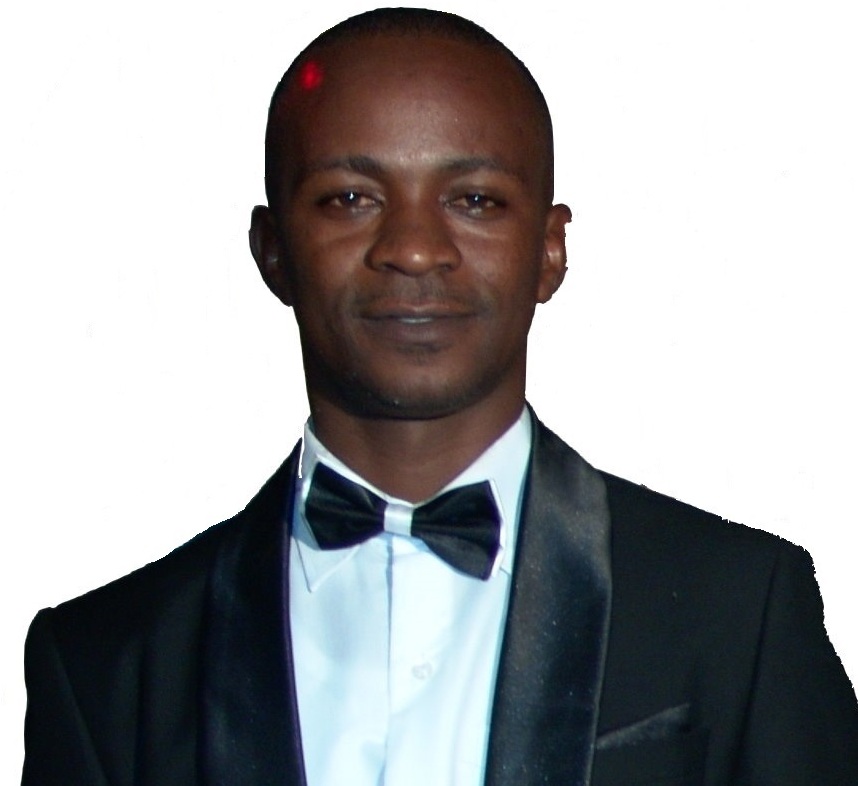In the last
section, we saw how a very simple transmitter worked. It was made up of
several different types of electronic components, including capacitors,
transistors, resistors, etc. When we assemble several types of
electronic components in a configuration that serves some purpose, we
call it a CIRCUIT.
Some common electronic components are:
Wire
Resistors
Capacitors
Coils
Transformers
Tubes
Transistors
Diodes
All circuits are combinations of individual electronic components assembled to perform a function. The "type" of circuit it is, depends on the function of the circuit. We have already discussed some simple circuits, called "filters", and have also gone through "power supplies". Now we have introduced you to "amplifiers".
Here is a list of some of the major types of circuits we will discuss and explain how they operate:
Power Supplies
Filters
Amplifiers
Oscillators
Mixers
Logic Circuits
Almost any device or type of electrical equipment is made up of a COMBINATION of these circuits.

Our transmitter, for instance, is an Audio Amplifier, which drives an RF Mixer, which has a second input from the RF Oscillator (High Frequency Generator). The Mixer combines the inputs from the Audio Amp and the Oscillator to create a radio signal that is modulated by the audio signal, which then goes out to the antenna.
Of course this is an over simplification of what really has to happen, but the point is, that it is ALL done by basic circuits, and that if you learn and understand the simple circuits, you can look at VERY complex devices, and understand how they work!
We need to discuss each of the basic types of circuits in greater detail until you fully comprehend the theory behind how they work. Then you will have a firm grasp on electronics, and can begin combining them to create useful circuits.
First, let's cover the two electronic components we haven't covered yet:
Transistors and Diodes.
Some common electronic components are:
Wire
Resistors
Capacitors
Coils
Transformers
Tubes
Transistors
Diodes
All circuits are combinations of individual electronic components assembled to perform a function. The "type" of circuit it is, depends on the function of the circuit. We have already discussed some simple circuits, called "filters", and have also gone through "power supplies". Now we have introduced you to "amplifiers".
Here is a list of some of the major types of circuits we will discuss and explain how they operate:
Power Supplies
Filters
Amplifiers
Oscillators
Mixers
Logic Circuits
Almost any device or type of electrical equipment is made up of a COMBINATION of these circuits.
Our transmitter, for instance, is an Audio Amplifier, which drives an RF Mixer, which has a second input from the RF Oscillator (High Frequency Generator). The Mixer combines the inputs from the Audio Amp and the Oscillator to create a radio signal that is modulated by the audio signal, which then goes out to the antenna.
Of course this is an over simplification of what really has to happen, but the point is, that it is ALL done by basic circuits, and that if you learn and understand the simple circuits, you can look at VERY complex devices, and understand how they work!
We need to discuss each of the basic types of circuits in greater detail until you fully comprehend the theory behind how they work. Then you will have a firm grasp on electronics, and can begin combining them to create useful circuits.
First, let's cover the two electronic components we haven't covered yet:
Transistors and Diodes.






No comments:
Post a Comment